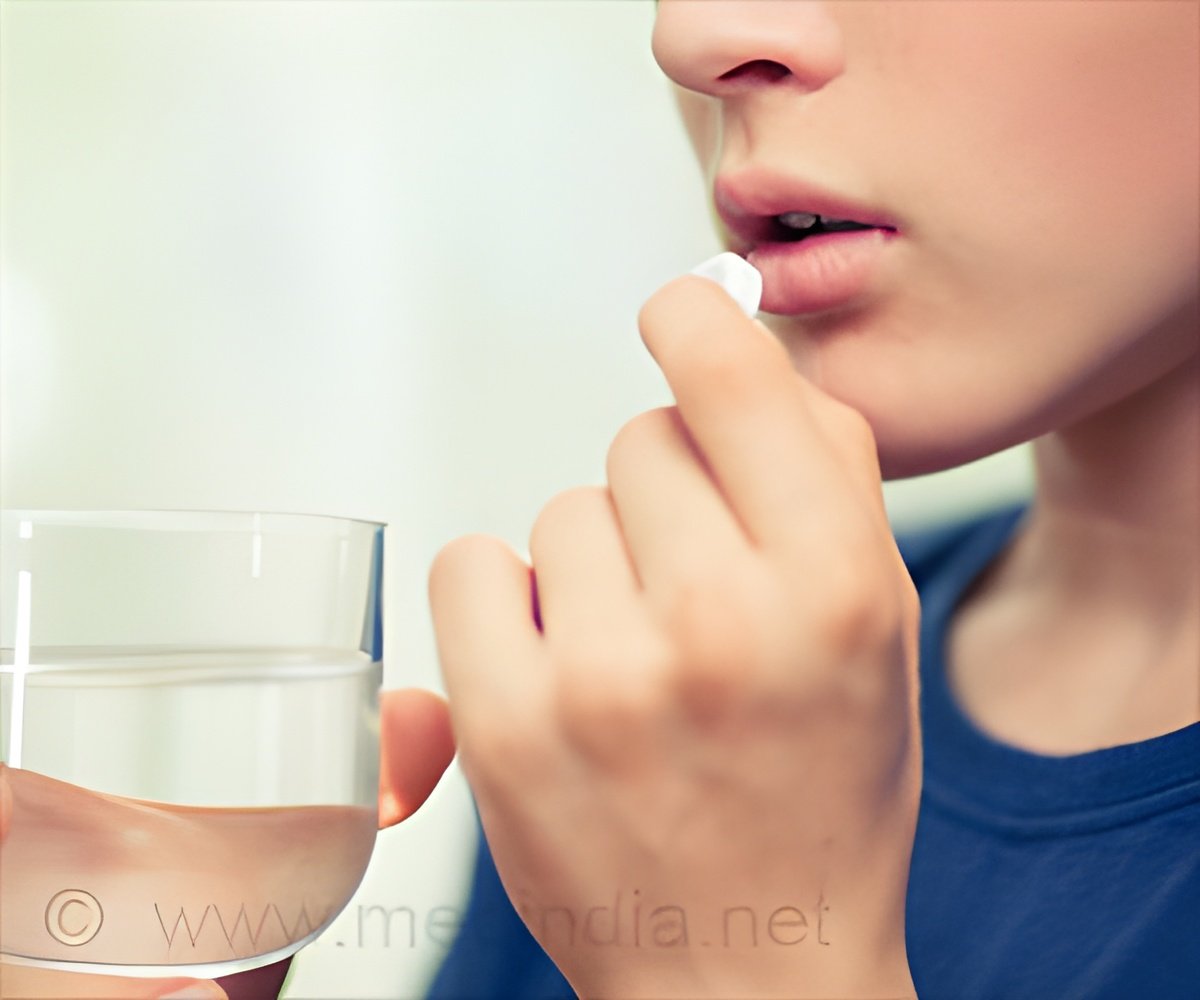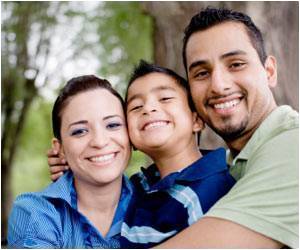Doctors are still giving the drug citalopram to treat depression in young people, despite official guidance not to do this.

‘The rise in prescribing anti-depressants may reflect a genuine increase in depression and its symptoms, or increased awareness and better treatment by GPs, or poor access to psychological therapies and specialist care.
’





The increase in prescribing was most pronounced among older teenagers with the level remaining fairly stable among six to 10-year-olds. In a study of almost 360,000 patients aged six to 18 in Wales it was found there had been a 28 percent rise in anti-depressants given out by GPs, raising fears of the “medicalisation” of unhappiness and the ordinary emotional turmoil experienced by teenagers.
Curiously while the number of prescriptions per child, per year went up, the number of diagnoses of depression fell, which the academics suggested was a sign that doctors were trying to avoid “labelling” young people as mentally ill.
Dr Ann John, who led the research, said, “The main issue is whether they being prescribed with enough cause. The rise in prescribing may reflect a genuine increase in depression and its symptoms, or increased awareness and better treatment by GPs, or poor access to psychological therapies and specialist care, or even increased help-seeking.”
One problem thrown up by the research was that doctors were still giving the drug citalopram to treat depression in young people, despite official guidance not to do this.
Advertisement
According to the National Institute for Health and Care Excellence (NICE), citalopram’s side-effects can include hepatitis, heart palpitations, haemorrhage, aggression, amnesia, euphoria and “paradoxical increased anxiety”.
Advertisement
Dr John said. “We need training for GPs to be able to distinguish the difference between depression and emotional turmoil; those that need psychological therapy, those that need reassurance and those that need treatment.”
Source-Medindia










